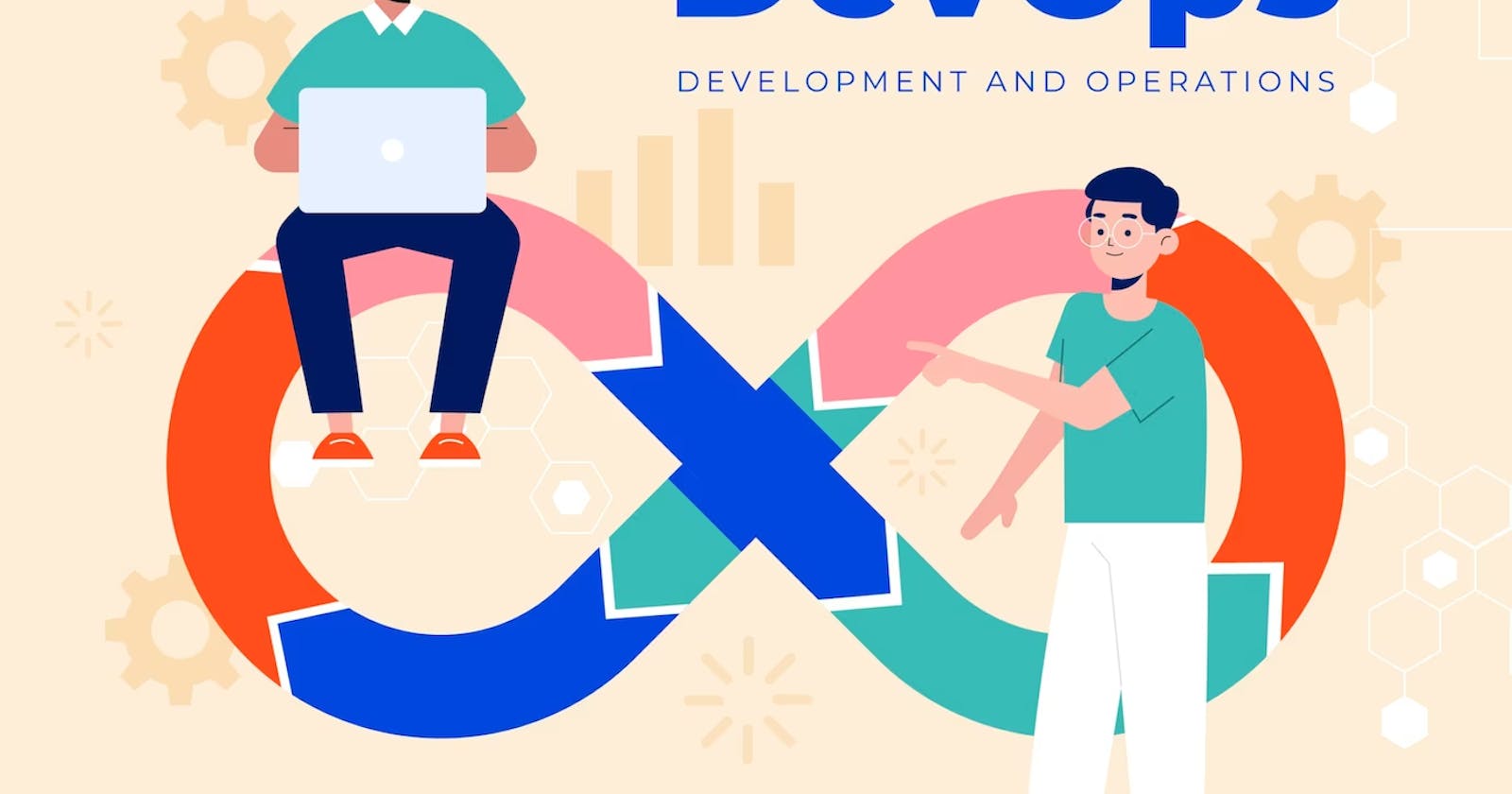What is DevOps
DevOps is a method of collaboration between software developers and IT operations professionals. The goal of DevOps is to improve communication, collaboration, and integration between these two groups to deliver better-quality software at a faster pace. DevOps practices include continuous integration (CI), automated testing, continuous delivery (CD), monitoring and observability tools like Splunk or New Relic that enable you to monitor your application performance across your entire stack--from the microservices layer up through your database and back-end services.
Benefits: DevOps can help organizations deliver higher quality code faster by automating manual tasks such as testing or releasing new versions of software into production environments without human intervention.*
Why is DevOps Important?
DevOps is important because it can reduce the time to release software and increase the frequency of deployments. It also improves quality, resulting in fewer bugs and more stable releases. The main benefit of DevOps is that it allows you to release new features faster than ever before. This means that your customers will get access to new functionality sooner, which helps retain them as customers longer than if they had waited for the next major update from you (or another company).
How to Implement DevOps?
► Create a Collaborative Team Culture
► Automate Processes and Tools
► Monitor Performance
DevOps Benefits for Businesses
DevOps is a methodology that can help you improve your business. When you implement DevOps practices, you'll see an increase in productivity and cost savings, as well as an improvement in customer satisfaction. This section will explain how implementing DevOps can benefit your business by improving productivity, reducing costs and increasing customer satisfaction.
DevOps Benefits for Developers
DevOps is a set of practices that aims to make the software development process more efficient. It's all about collaboration, communication and automation -- which means developers can spend less time worrying about tedious processes and more time building great products. In this section, we'll look at how DevOps benefits developers in particular:
Faster feedback loops: Developers need quick access to data so they can make decisions based on real information rather than guesses or assumptions. With DevOps practices like continuous integration/continuous delivery (CI/CD), developers get immediate feedback on their work as soon as they push new code into production. This allows them to quickly identify bugs or errors before they affect end users -- which leads us neatly to our next point...
DevOps Benefits for Operations Teams
DevOps practices can benefit operations teams in a variety of ways. For example, they can help you to:
Faster Deployment - DevOps practices have been shown to reduce the time it takes for new code to go live by as much as 50% or more. This means that when your developers finish their work, it will be available for customers faster than ever before.
Improved Efficiency - DevOps practices also make it easier for developers and operations teams to collaborate on projects together; this leads to better communication between them so that there are fewer mistakes made during deployments (and therefore fewer bugs). In addition, because each team member knows what the others are doing at any given time, there's less need for handoffs between steps in development or deployment processes--which reduces errors even further!
